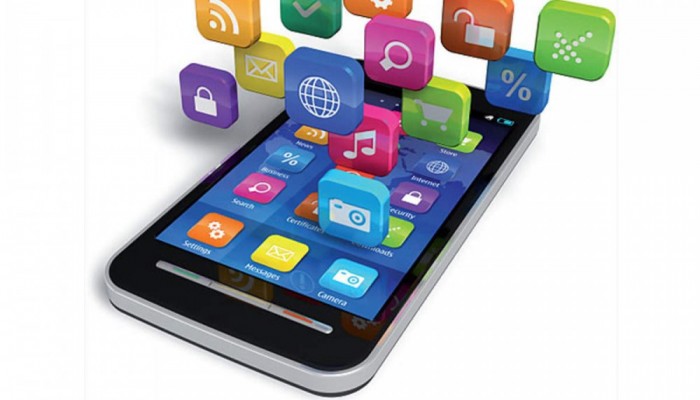
Apr
Bunyoro-Tooro Students Association Participate in Games to Mark Their Sports Day
April 23, 2024, 8:32 am
 Collins Kakwezi
Collins Kakwezi

Daily Mail UK
Cutting your smartphone use by just an hour a day makes you less anxious, more satisfied with life and more likely to exercise, a study has found.
Researchers said it was 'not necessary to completely give up the smartphone to feel better', but they discovered that reducing its daily use had positive effects on a person's well-being.
Previous studies have shown that smartphone use is linked to obesity, neck pain, impaired performance, and addiction-like behaviour, so experts at Ruhr-Universität Bochum in Germany set out to establish just how much is too much.
The researchers recruited 619 people for their study and divided them into three groups.
At total of 200 people put their smartphone to one side for the week, 226 reduced the amount of time they used the device by one hour a day, and 193 didn't change anything in their behaviour.
'We found that both completely giving up the smartphone and reducing its daily use by one hour had positive effects on the lifestyle and well-being of the participants,' said Dr Julia Brailovskaia, who headed the research.
'In the group who reduced use, these effects even lasted longer and were thus more stable than in the abstinence group.'
The researchers interviewed all participants about their lifestyle habits and well-being immediately after the intervention, one month and four months later.
They asked how much they engaged in physical activity, how many cigarettes they smoked a day, how satisfied a person was with their life and if they show any signs of anxiety or depression.
The one-week intervention changed the participants' usage habits in the long term: even four months after the end of the experiment, the members of the abstinence group used their smartphone on average 38 minutes less per day than before.
The group who had spent one hour less per day with the smartphone during the experiment used it as much as 45 minutes less per day after four months than before.
At the same time, life satisfaction and time spent being physically active increased, while symptoms of depression and anxiety – as well as nicotine consumption – decreased.
The study has been published in the Journal of Experimental Psychology: Applied.
Kampala International University,
Box 20000, Ggaba Road, Kansanga, Kampala